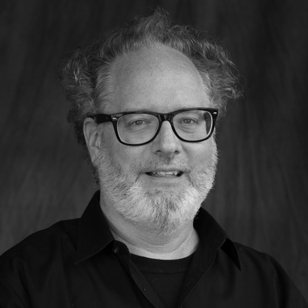
- June 30, 2020
Michael Seman is an expert speaker who illustrates how independent cultural production helps drive a city’s creative economy. While working on his doctorate in urban planning and public policy, Michael was immersed in the national network of indie rock scenes as a band member, promoter, and producer – leading him to ask and answer the question, What if Hewlett and Packard had started a band instead? Michael’s time spent amongst the artists and entrepreneurs who use living rooms, garages, venues, and recording studios as spaces for innovation and new business formation enables him to explain how music scenes encompass players across differing industries, operate as economic clusters like Silicon Valley, and catalyze economic and community development for their host cities. Michael draws on relevant economic theory and his experience to deliver talks empowering cultural producers – musicians and otherwise – as agents of urban economic change as well as help city leaders to address their music scenes and broader creative economies.
Michael received his PhD in urban planning and public policy from the University of Texas at Arlington. He is a contributing writer at The Atlantic: Cities and Director of Creative Industries Research and Policy at the University of Colorado Denver College of Arts and Media. Michael’s research is published in the academic journals City, Culture and Society, Applied Research in Economic Development, Regional Science Policy and Practice, Industrial Geographer, and Cities; he has also co-authored numerous reports for state agencies. Michael is often invited to speak concerning the creative economy at universities and for professional organizations. In 2011, he was one of 22 globally invited to attend the Experience the Creative Economy conference at the University of Toronto’s Martin Prosperity Institute. National Public Radio, Wired, and many regional media outlets like the DFW affiliates of NBC and CBS seek Michael’s perspective concerning the creative economy. Prior to entering the doctoral program at UTA, Michael spent several years as an executive at Creative Artists Agency in Beverly Hills, California where he focused on internal marketing and project development.
